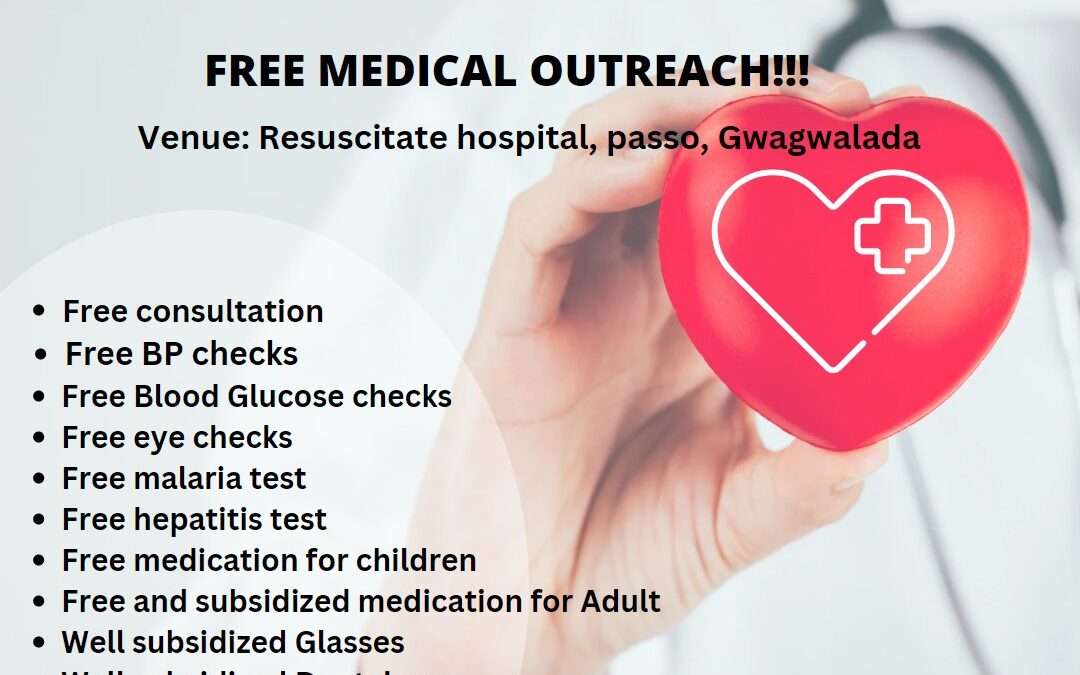Cavities are permanently damaged areas in the hard surface of your teeth that develop into tiny openings or holes. Also referred to as tooth decay or caries, cavities are caused by a combination of factors, including bacteria in your mouth, frequent snacking, sipping sugary drinks and not cleaning your teeth well.
Cavities and tooth decay are among the world’s most common health problems. They’re especially common in children, teenagers and older adults. But anyone who has teeth can get cavities, including infants.
“If cavities aren’t treated, they get larger and affect deeper layers of your teeth”
If cavities aren’t treated, they get larger and affect deeper layers of your teeth. They can lead to a severe toothache, infection and tooth loss. Regular dental visits and good brushing and flossing habits are your best protection against cavities and tooth decay.

Symptoms of Cavities
The signs and symptoms vary, depending on their extent and location. When a cavity is just beginning, you may not have any symptoms at all. As the decay gets larger, it may cause signs and symptoms such as:
- Toothache, spontaneous pain or pain that occurs without any apparent cause
- Tooth sensitivity
- Mild to sharp pain when eating or drinking something sweet, hot or cold
- Visible holes or pits in your teeth
- Brown, black or white staining on any surface of a tooth
- Pain when you bite down
“You may not be aware that a cavity is forming.”
When to see a dentist
You may not be aware that a cavity is forming. That’s why it’s important to have regular dental check-ups and cleanings, even when your mouth feels fine. However, if you experience a toothache or mouth pain, see your dentist as soon as possible.
Follow our blog for more updates. Got any questions? Our Doctors are more than glad to help provide the assistance you need with our telemedicine feature. Find out more here. We’re on the socials! Follow us on Instagram, Facebook and Twitter for more.









